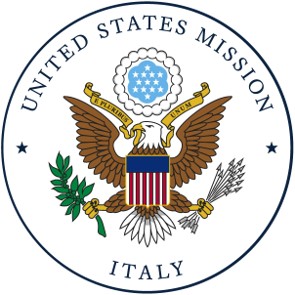Climate ecologies in reclaimed coastal productive landscapes – ReclaiMEDlanD
Coordinator: University of Florida, Florida Institute For Built Environment Resilience (FIBER)
Funding entity: the project is funded by APS – Annual Program Statement 2023, promoted by the US Department of State and United States Mission Italy
Website: ReclaiMED LanD
DESCRIPTION
Italian modern reclamation of coastal marshes were made for health reasons and agricultural purposes through a complex network of gray infrastructures. These landscapes have shown themselves to be very fragile ecosystems and are becoming even more vulnerable to the impacts of climate change. These issues are impacting not only the environment but also the communities living in those areas, especially the most vulnerable residents. This proposal aims to connect US climate resilience expertise at the Florida Institute for Built Environment (FIBER) to Foundation Eni Enrico Mattei (FEEM), and Italian national and local agencies working on the selected territories (the reclaimed coastal marshes of Ravenna and Metaponto). Through workshops and a symposium we will share US coastal resilience best practices, developed through the Florida Resilient Cities research program, by focusing on environmental and planning policies, remote sensing and artificial intelligence techniques for land assessment, flooding/stormwater management through nature-based solutions, and community focused resilience. The goal is to develop a blended approach (community and environment) to productive landscape management to mitigate climate impacts.
EXPECTED RESULTS
The objectives are to organize a series of workshops and a symposium in Italy. The workshops have the main aim to understand current fragilities, in particular the socio-hydro-ecological instability of the selected reclaimed areas, gathering relevant information from regional agencies and local authorities. The workshops’ discussion will lead to insights and recommendations on how to plan the symposium. The symposium will share the best practices of flooding mitigation/adaptation and productive landscape design in environmentally risky territories from US case studies according to the workshops’ suggestions and outcomes. FEEM will participate in both events as a non-profit organization committed to promoting research and projects in support of the sustainable development of these territories.
Policy/social impact
The project introduces in the two contexts of Metaponto and Ravenna a possible approach that integrates scientific knowledge and community engagement for climate change adaptation, which FIBER practices in the U.S. context and particularly in Florida.


